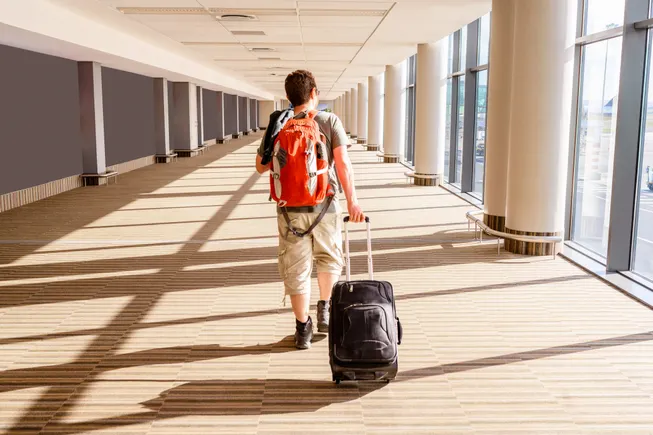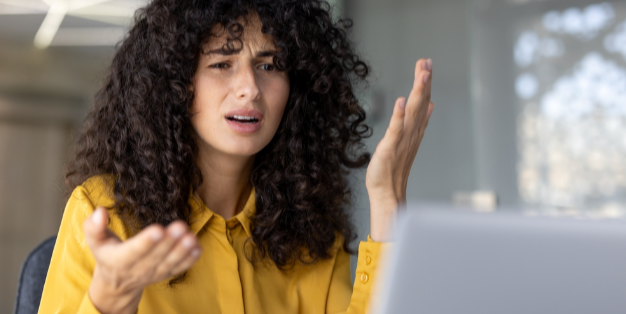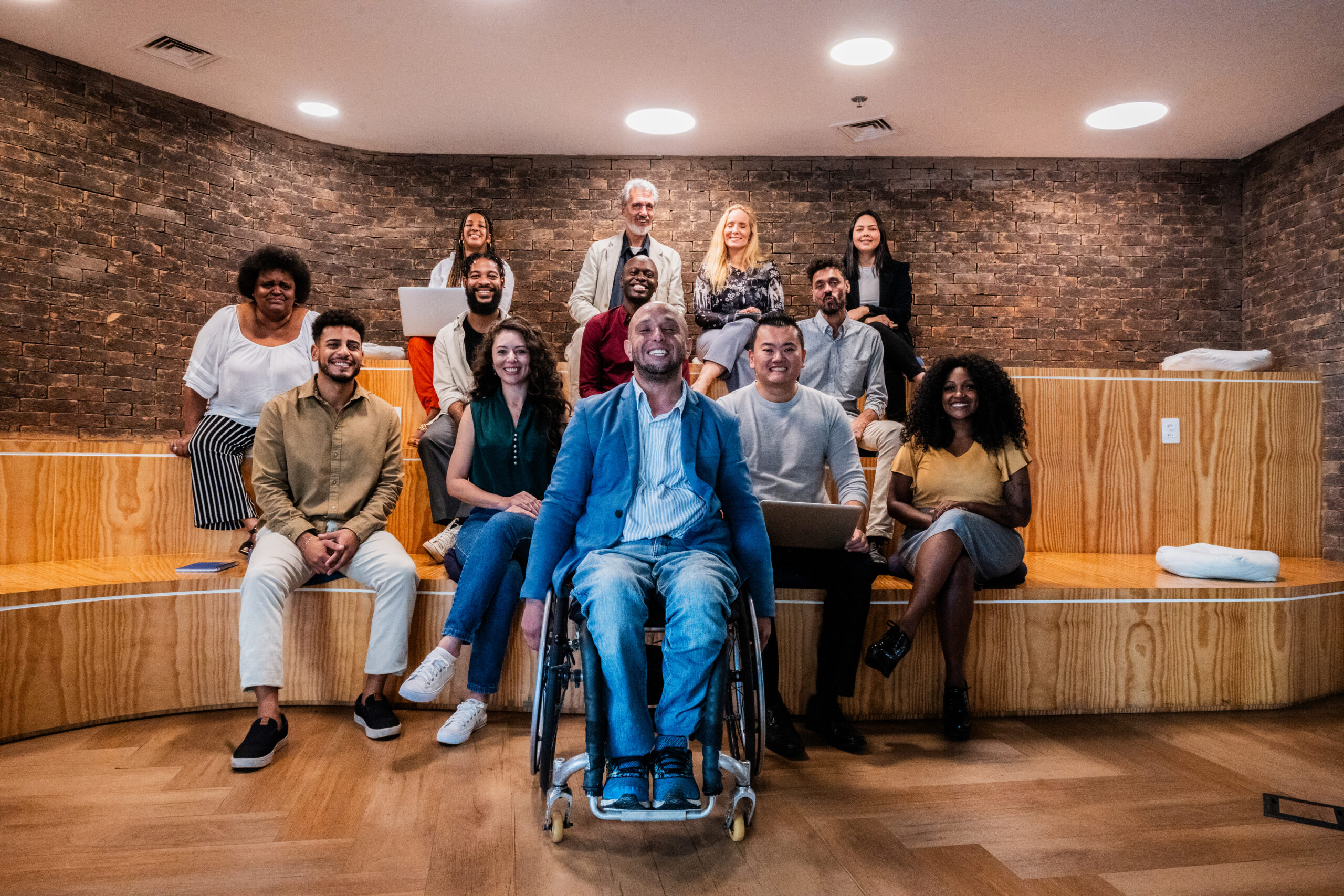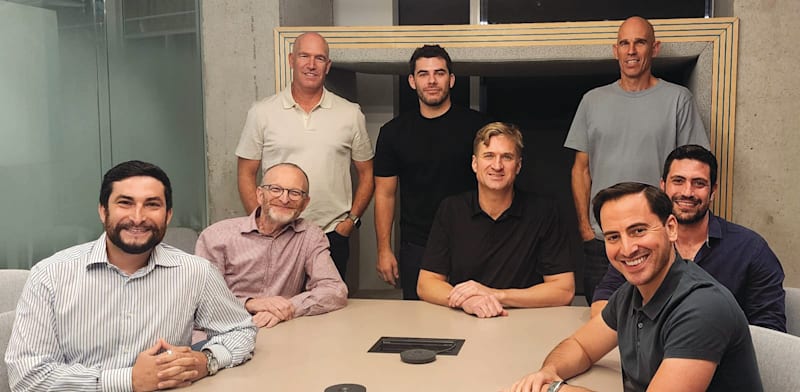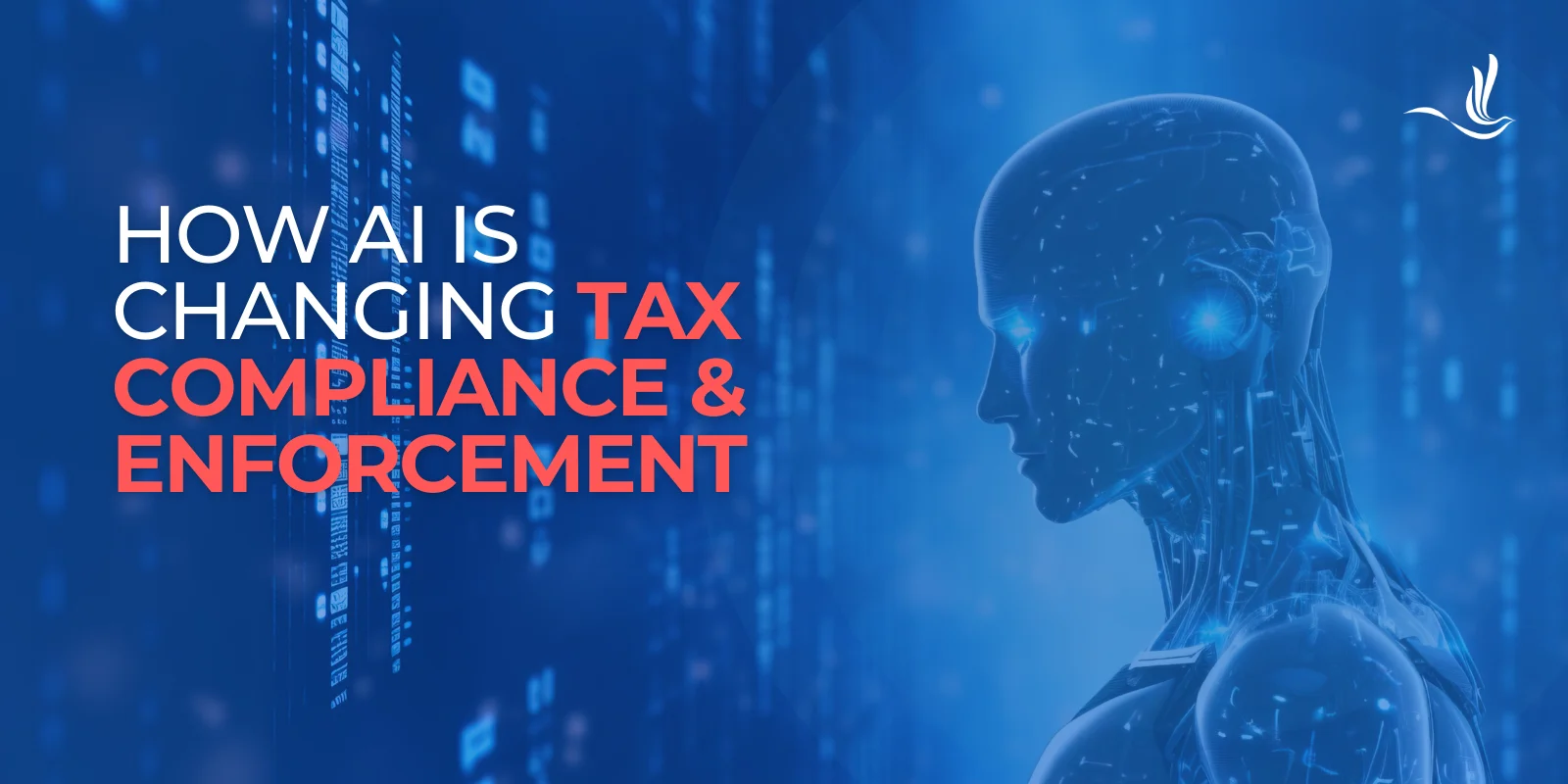The legal challenge was brought against the administration by a coalition of labour unions, healthcare providers, academic groups, religious organisations and individual visa holders on October 3.
They said the fee hike would result in “sharp cutbacks” in the employment of international talent, causing “catastrophic setbacks” to research, “compounding an anticipated shortfall of 5.3 million skilled workers over the next decade”.
The plaintiffs include the American Association of University Professors (AAUP), which represents over 50,000 university faculty and academic professionals, and the Global Village Academy Collaborative – a network of bilingual schools across the US.
The lawsuit comes less than two weeks after Trump’s new $100,000 H-1B visa fee took effect on September 21, following a shock White House proclamation taking aim at employers “deliberately exploiting” H-1B to “replace, rather than supplement” American workers.
“[The] defendants’ abrupt imposition of the $100,000 requirement is unlawful”, argued the complaint, stating the President had “no authority to unilaterally impose fees, taxes, or other mechanisms to generate revenue for the United States”.
“The Constitution assigns the ‘power of the purse’ to Congress, as one of its most fundamental premises,” it continued.
The plaintiffs argued the fee – between 20 and 50 times more than what employers previously paid – violated the Immigration and Nationality Act and the Administrative Procedure Act (APA).
Under the APA, any new obligations for H-1B visas must be announced at least 30 days before taking effect and require a notice and comment period, yet the new fee was imposed just two days after the announcement, the plaintiffs argued.
“President Trump promised to put American workers first, and his commonsense action on H1-B visas does just that by discouraging companies from spamming the system and driving down American wages, while providing certainty to employers who need to bring the best talent from overseas,” White House spokesperson Abigail Jackson told The PIE News.
“The administration’s actions are lawful and challenges by liberal groups, like Democracy Forward [co-counsel for the plaintiffs], who’ve made a habit over filing frivolous lawsuits should not be taken seriously,” said Jackson.
The complaint laid out examples of several postdoc researchers and AAUP members who had received job offers from research universities and whose H-1B petitions have been placed on hold due to the new visa charge.
The groups have asked the court to declare the new fee unlawful, compelling the government to process H-1B applications under existing law.
“The potential loss of these postdoctoral researchers, scientists and academics will not just harm the individuals and the institutions that employ them,” the coalition warned.
The Constitution assigns the ‘power of the purse’ to Congress, as one of its most fundamental premises
Plaintiffs
The fee “will result in significant and potentially catastrophic setbacks to research that benefits the American public and ensures the United States remains a leading source of innovation and expertise”, they said.
For Andrea Liu, a physicist at the University of Pennsylvania quoted in the document, the $100,000 charge was “an utter disaster – yet another body blow to science”.
Beyond science and academia, the lawsuit warned the fee hike would intensify teacher and nurse shortages, and prevent religious organisations from hiring staff with the language skills and cultural knowledge to serve diverse communities in the US.
It comes as a recent study has forecasted a US labour shortfall of 5.25 million workers with postsecondary education by 2032, citing teaching, nursing and engineering as some of the worst hit fields.
US businesses and prospective employees were hit with more changes days after the fee hike, as the government announced plans to overhaul the H-1B lottery process to favour “higher skilled and higher paid” workers, now under a 30-day public comment period.
In a recent NAFSA survey, over half (53%) of postgraduate students said they would not have enrolled at US institutions in the first place if access to H-1B was determined by wage levels, as the administration has proposed.
A similar proportion of PhD students currently likely to stay in the US said they would be unlikely to do so if the H-1B visa was overhauled in favour of higher wage earners.
Such stark warnings come as international students are increasingly turning away from American institutions, with global demand for US master’s degrees collapsing by more than 60% since Trump’s second inauguration.
Early reports suggested the Chamber of Commerce had started polling member companies about filing a lawsuit against the $100,000 visa fee hike, with further legal challenges expected.
Amazon remains the single largest H-1B sponsor, with 10,000 out of its total 1.56m employees holding H-1B visas. Microsoft, Apple and Meta have also expanded foreign hiring through this stream in recent years, according to Newsweek analysis of new federal data.
Alongside President Trump, the lawsuit was directed at the homeland security secretary Kristi Noem, USCIS director Joseph Edlow, US Customs and Border Protection commissioner Rodney Scott and secretary of state Marco Rubio.





